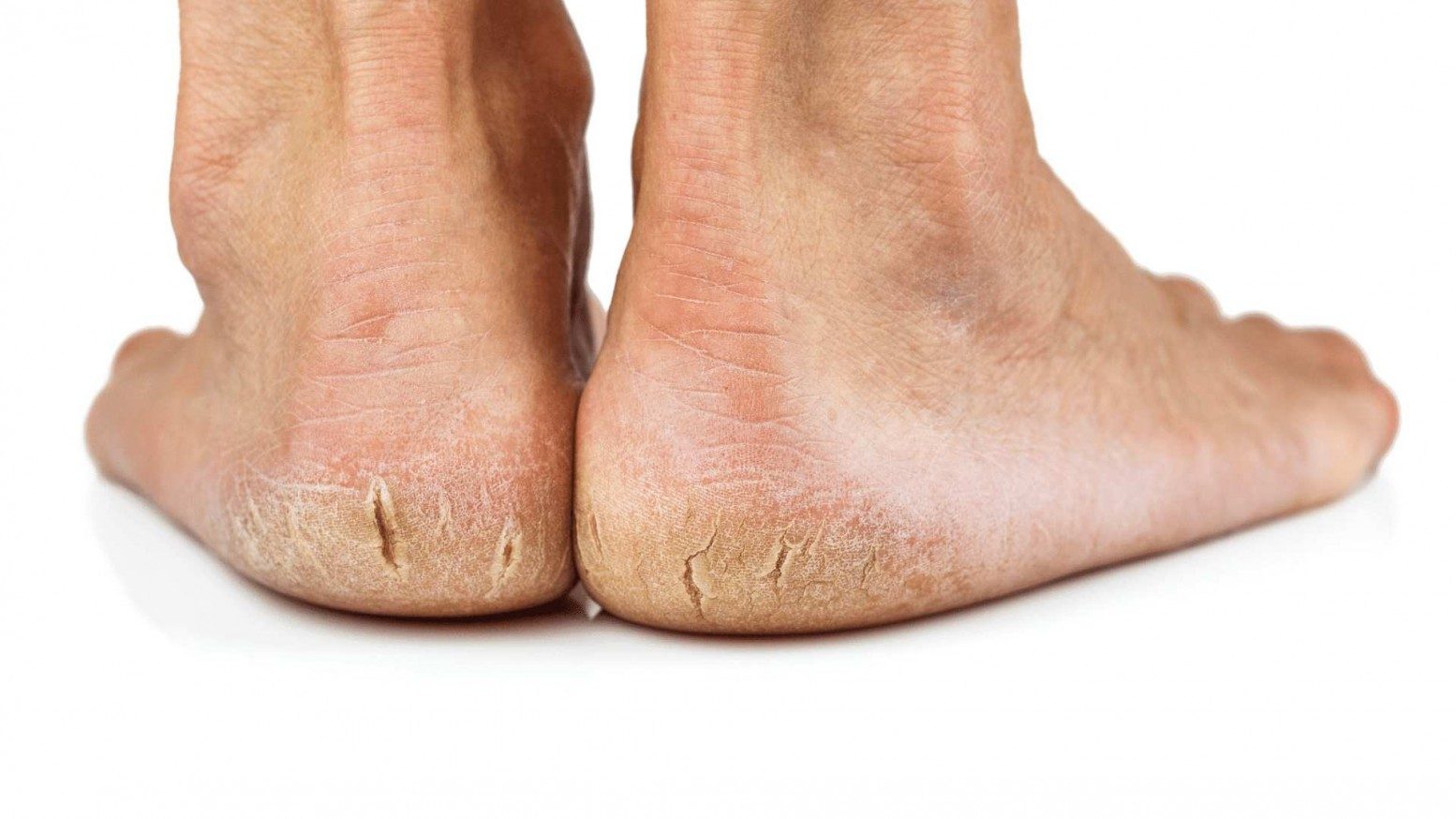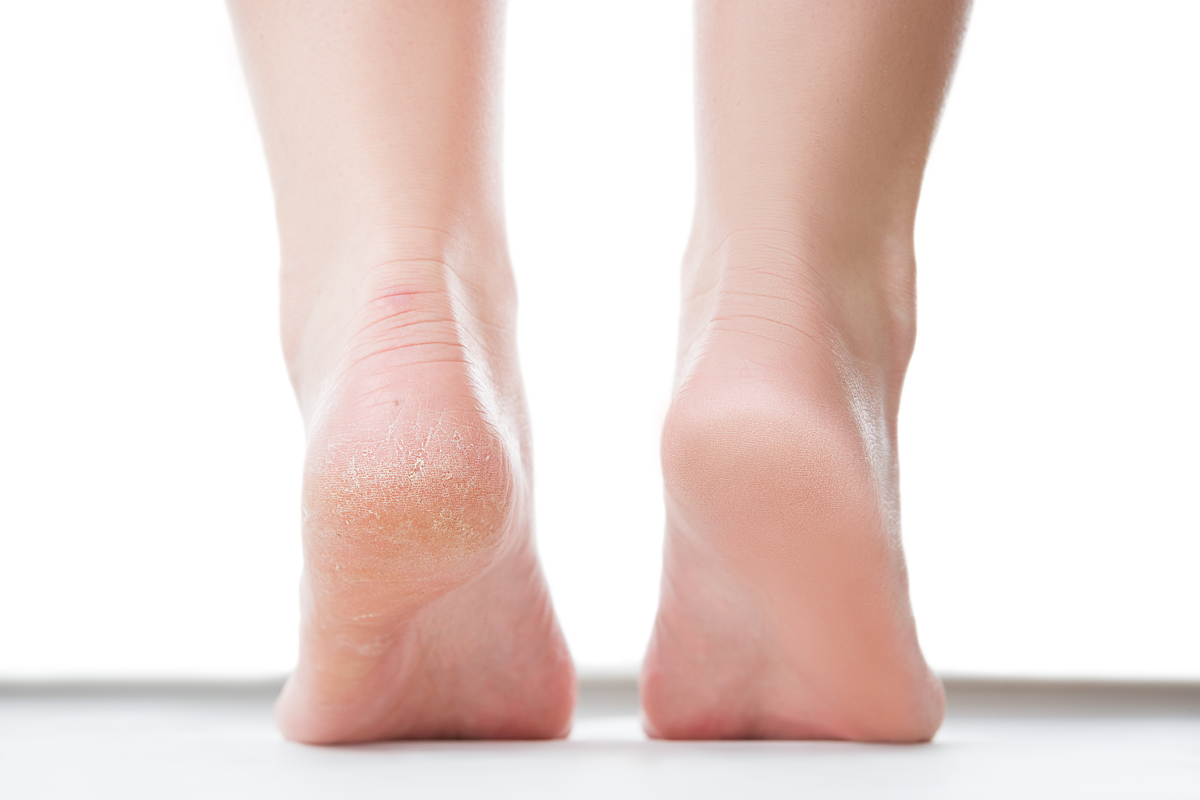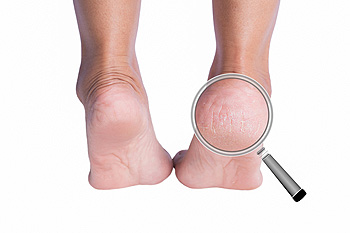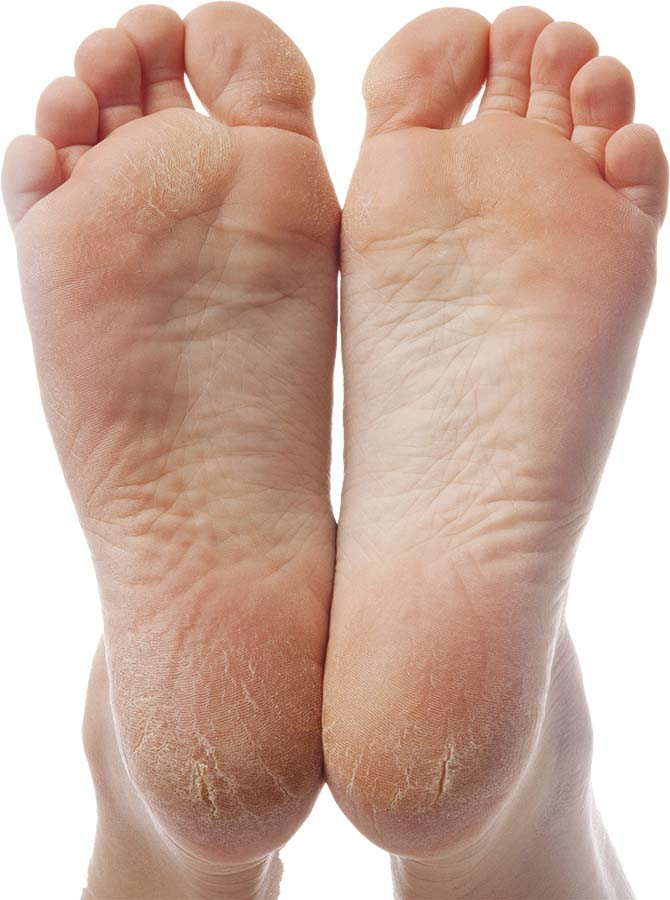Causes, Prevention, and Effective Remedies for Smooth Feet
Our feet are often the most neglected part of our body, yet they bear the brunt of our daily activities. One common issue that many people face is cracked heels. Understanding the causes, prevention methods, and effective remedies can help you maintain smooth and healthy feet. This article delves into these aspects, providing you with practical solutions and expert insights.
What Causes Cracked Heels?
Cracked heels, medically known as heel fissures, occur when the skin on the heels becomes dry and hard, leading to deep cracks or fissures. Several factors contribute to this condition:
- Dry Skin: The most common cause of cracked heels is dry skin. When the skin loses moisture, it becomes brittle and prone to cracking. This is often exacerbated by environmental factors such as cold weather or low humidity.
- Standing for Long Periods: Prolonged standing, especially on hard surfaces, can put pressure on the heels, causing the skin to thicken and crack. This is a common issue for people in professions that require standing for extended periods, such as nurses, chefs, and factory workers.
- Poor Footwear: Wearing shoes that do not provide adequate support or have open backs can allow the feet to spread out, increasing the risk of cracked heels. Flip-flops and sandals are particularly notorious for this issue.
- Weight Gain: Increased body weight can put additional pressure on the heels, leading to the development of cracks. Obesity is a significant risk factor for cracked heels.
- Medical Conditions: Certain medical conditions, such as eczema, psoriasis, and diabetes, can increase the likelihood of developing cracked heels. These conditions affect the skin’s ability to retain moisture and heal properly.

Prevention of Cracked Heels
Preventing cracked heels involves adopting a few simple habits that can help keep your feet healthy and smooth:
- Moisturize Regularly: Applying a good quality moisturizer to your feet daily can help keep the skin hydrated and supple. Look for creams that contain ingredients like urea, lactic acid, or alpha-hydroxy acids, which help to exfoliate and hydrate the skin.
- Wear Supportive Footwear: Choose shoes that provide adequate support and have closed backs to prevent the feet from spreading out. Avoid wearing flip-flops and sandals for extended periods, especially if you are prone to cracked heels.
- Maintain a Healthy Weight: Keeping your weight within a healthy range can reduce the pressure on your heels and lower the risk of developing cracks. Regular exercise and a balanced diet can help you maintain a healthy weight.
- Exfoliate: Regularly exfoliating your feet can help remove dead skin cells and promote the growth of new, healthy skin. Use a pumice stone or foot file to gently exfoliate the heels after bathing.
- Stay Hydrated: Drinking plenty of water helps to keep your skin hydrated from the inside out. Aim for at least 8 glasses of water a day to maintain optimal skin health.

Effective Remedies for Cracked Heels
If you already have cracked heels, there are several effective remedies that can help heal the cracks and restore smooth skin:
- Soak and Scrub: Soaking your feet in warm water for about 10-15 minutes can soften the skin, making it easier to remove dead skin cells. After soaking, use a pumice stone or foot file to gently exfoliate the heels. Follow up with a moisturizer to keep the skin hydrated.
- Use a Heel Balm: Heel balms are specially formulated to treat cracked heels. They often contain ingredients like urea, lanolin, and shea butter, which help to soften and moisturize the skin. Apply the balm to your heels before bed and cover them with socks to lock in the moisture.
- Try Over-the-Counter Treatments: There are several over-the-counter treatments available that can help heal cracked heels. Look for products that contain salicylic acid, which helps to exfoliate the skin and promote healing.
- Consult a Podiatrist: If your cracked heels are severe or do not improve with home treatments, it may be time to consult a podiatrist. A podiatrist can provide professional treatments, such as prescription-strength moisturizers or cortisone injections, to help heal the cracks.
- Lifestyle Changes: Making certain lifestyle changes, such as quitting smoking and reducing alcohol intake, can improve your overall skin health and help prevent cracked heels. Smoking and excessive alcohol consumption can dehydrate the skin and impair its ability to heal.

Expert Opinions and Scientific Evidence
The importance of maintaining healthy feet cannot be overstated. According to Dr. Jane Anderson, a renowned dermatologist, “Cracked heels are a common issue that can be easily prevented and treated with the right care. Regular moisturizing and exfoliation are key to keeping the skin on your feet healthy and smooth.”
“Wearing supportive footwear and maintaining a healthy weight are also crucial factors in preventing cracked heels,” says Dr. Anderson.
Research published in the Journal of the American Podiatric Medical Association supports these claims, stating that “regular foot care, including moisturizing and wearing appropriate footwear, can significantly reduce the incidence of heel fissures.”

Conclusion
Cracked heels are a common and often painful condition that can be effectively managed with the right care. By understanding the causes, adopting preventive measures, and using effective remedies, you can keep your feet smooth and healthy. Remember, taking care of your feet is an essential part of maintaining overall health and well-being.

